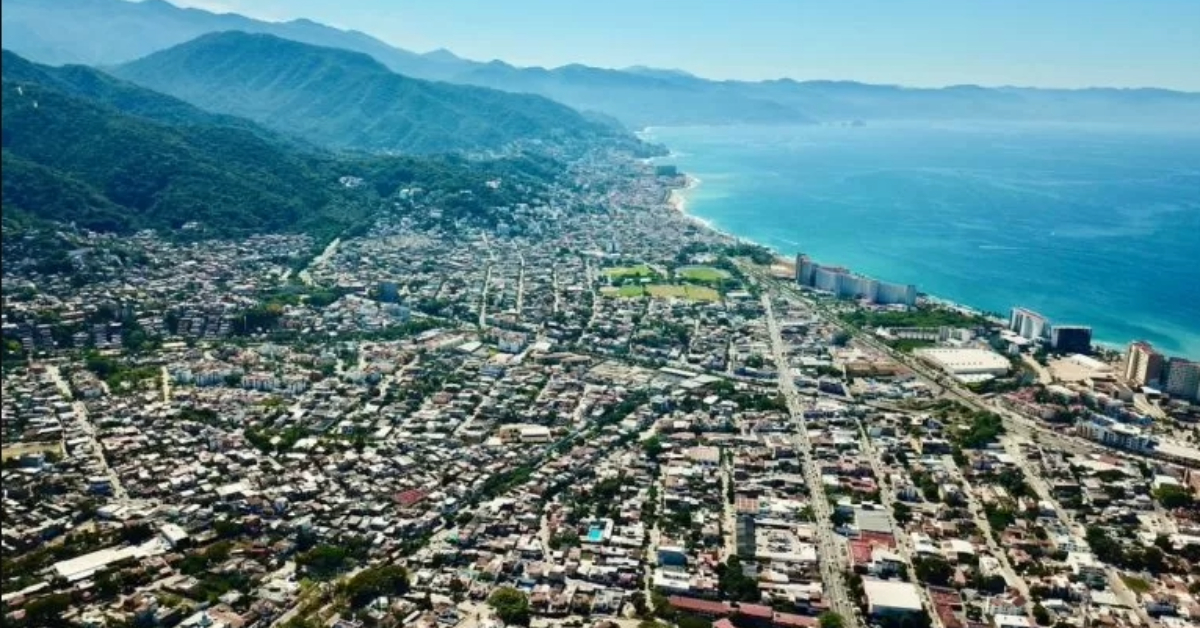Jalisco lawmakers propose limiting short-term platform rentals to 180 nights per year and taxing vacant homes, aiming to curb gentrification and ease the housing crisis across the state.
In a push to address the growing housing crisis and slow the pace of gentrification, Jalisco lawmaker Mariana Casillas Guerrero of the Futuro Party has proposed a sweeping legislative package that would limit short-term rentals on platforms like Airbnb and introduce taxes on unoccupied properties across the state.
The proposals, introduced this week in the Jalisco Congress, are aimed at reining . . .






